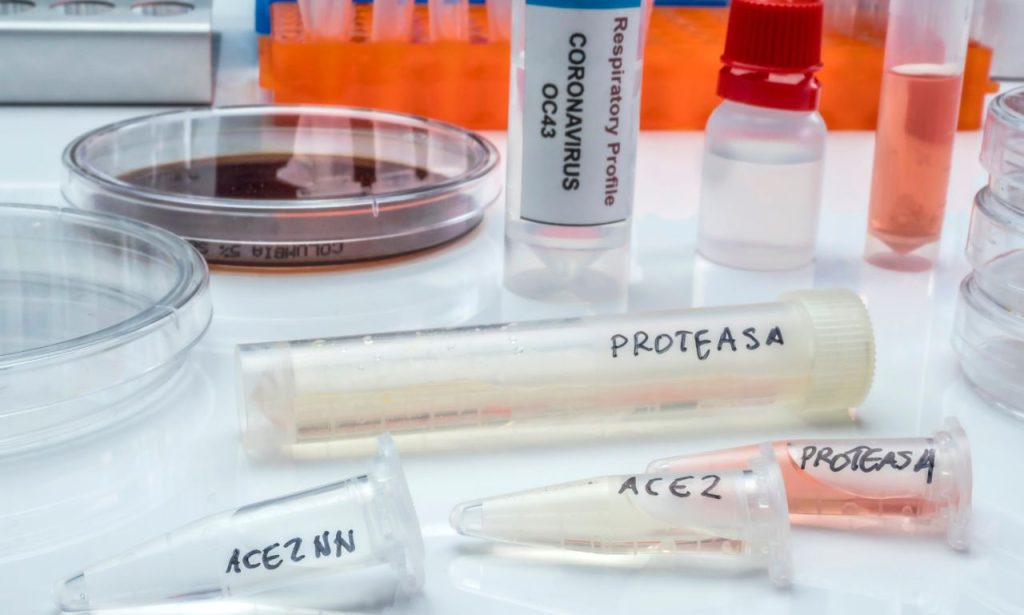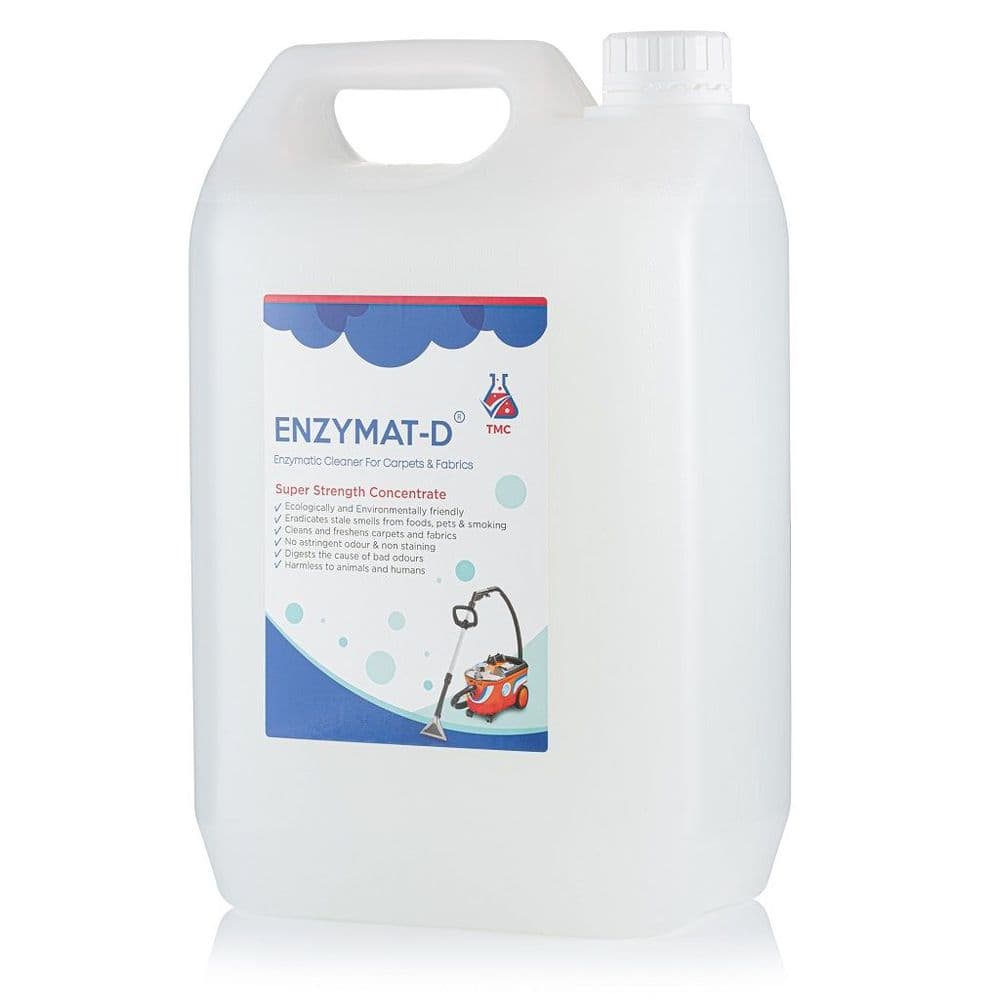Enzymes are a total game-changer when it comes to softening fabrics. They break down unwanted residues, making your clothes feel softer without a trace of those harsh chemicals. Want to know exactly what enzymes will soften cloths? Let’s break it down in detail and explore how these powerful enzymes can elevate your laundry game.
Types of Enzymes for Softening Fabrics
Softening clothes with enzymes is like giving them a spa day—gentle, effective, and oh-so-refreshing. Here’s a closer look at the types of enzymes that will soften cloths and make your fabrics irresistibly soft.
Cellulase
- Cellulase is the true hero for cotton fabrics and other cellulose fibers. This enzyme works wonders on natural fibers by breaking down microfibrils on the surface.
- How It Softens: Cellulase gently digests loose fibers, reducing fabric fuzz and restoring a smooth surface. Say goodbye to pilling!
- Ideal Fabrics: Perfect for softening cotton fabrics and other cellulose-based textiles like linen.
- Effectiveness: When thinking about what enzymes will soften cloths made of natural materials, cellulase is often the most effective because it works directly on cellulose fibers, making the fabric feel much softer.
Protease

- Protease tackles protein-based stains and makes fabric soft, removing those microscopic particles that build up over time.
- How It Softens: By breaking down natural proteins on fabric fibers, protease prevents the stiffness caused by residue from protein-based stains like sweat or baby food.
- Best Used On: Great for both natural fibers and synthetic blends that are prone to protein-related buildup.
- Why It Works: Protease is excellent for enhancing fabric softness, especially on fabrics affected by sweat and food spills. This enzyme helps maintain a neat fabric surface without residue, keeping clothing fibers fresh and soft.
Amylase
- Amylase helps get rid of starch molecules from cooking oils, oily stains, and even greasy stains—leading to a softer, cleaner fabric.
- Mechanism: Amylase breaks down complex carbohydrate stains, which means starch-based stains vanish, leaving fabric supple.
- Target Fabrics: Works wonders on pieces of twill fabric, everyday clothing, and fabric made from cellulose materials.
- Perfect for Starch Stains: If you’re wondering what enzymes will soften cloths stained with starch or food spills, amylase is a go-to enzyme. It breaks down the tough carbohydrate chains, making fabrics feel softer and smoother.
How Enzymes Work in Fabric Care
Enzymes have a crucial role in fabric care, and they work almost like magic—breaking down unwanted molecules to leave fabric soft and bright. But understanding how they work will give you a deeper appreciation for these natural laundry heroes.
Mechanism of Action
- Enzymes reduce the activation energy required for chemical reactions, which means they speed up the breakdown of stubborn residues without needing harsh chemicals.
- Target Residues: Starch molecules, natural proteins, lipid molecules—enzymes dismantle these compounds so they can be easily rinsed away in the rinse cycle.
- Enzyme Activity: Enzyme activity works during the washing cycle, allowing them to remove dirt and soften clothes in a way that’s far gentler than abrasive chemicals.
- Power of Enzymes: When considering what enzymes will soften cloths, it’s their ability to break down various residues at a microscopic level that truly makes them effective.
Target Fabrics for Softening
- Natural Fibers: Cotton, linen, and other cellulose fibers benefit most from cellulase activity. These fabrics end up cleaner, softer, and less prone to damage.
- Synthetic Blends: Protease and amylase work great on synthetic blends, keeping fabric quality intact while making them soft and comfy.
- Delicate Materials: When dealing with delicate materials, enzymatic treatments can provide a gentle alternative to traditional softeners, helping to soften without causing fabric damage.
DIY Methods for Utilizing Enzymes at Home
Why spend a fortune on fancy detergents when you can DIY your enzyme fabric softener at home? Here’s how you do it—easily, affordably, and effectively. Knowing what enzymes will soften cloths and utilizing them at home can save you both time and money while keeping your clothes feeling luxurious.
Ingredients Needed
- Liquid cellulase enzyme or protease enzyme
- Distilled water
- A few drops of a natural fragrance molecule (like lavender essential oil)
- Spray bottle
Step-by-Step Instructions
- Mix Enzyme Solution: In a spray bottle, combine 500 ml of distilled water with 2 teaspoons of your chosen enzyme—cellulase or protease.
- Add Fragrance: Add a few drops of your preferred essential oil for a fresh odor that’ll linger on your clothes.
- Apply to Clothes: Spray the enzyme solution onto dry fabric before washing. Let it sit for 10-15 minutes.
- Wash: Place the clothes in your washing machine and run your usual wash cycle. Use a cold wash to retain enzyme activity without deactivating it.
- Rinse and Dry: Complete with a rinsing step, then dry as usual.
Safety Guidelines for Using Enzymes
Even though enzymes are natural, it’s important to handle them with care to avoid any issues that could affect your laundry routine.
Handling Precautions
- Avoid Skin Contact: Some people might have allergic reactions to concentrated enzyme solutions. Always handle enzymes with caution.
- Wear Gloves: Especially if you have sensitive skin—gloves protect against accidental contact.
- Work in Ventilated Area: Enzymes are organic substances, and inhaling enzyme dust might irritate sensitive respiratory systems.
- Product Label: Always check the product label for enzyme concentration to avoid overuse, which can cause fabric damage.
Storage Recommendations
- Keep in a Cool Place: Enzymes should be stored in a cool, dark location to maintain their effectiveness.
- Avoid Direct Sunlight: This can deactivate enzymes, rendering them less effective during the washing process.
- Proper Container: Store enzyme solutions in an airtight container to prevent contamination and maintain enzyme activity over time.
Tips for Optimal Results
Want the best from your enzyme washing process? Here are some quick tips to get that luxurious softness every time. If you’re curious about what enzymes will soften cloths in the most efficient way, these practical steps will help you out.
Washing Techniques
- Pre-Treatment: For tough stains like oil stains, pre-treat using a concentrated detergent formula that contains lipase enzymes before the main washing step.
- Use a Gentle Cycle: Choose a washing cycle that’s easy on the fabric to avoid fabric damage.
- Avoid Overloading: Allow clothes enough room to move freely, so enzymes can reach every inch of fabric.
- Enzyme Washing Process: During the enzyme washing process, be mindful of fabric type to select the right enzyme and technique for optimal results.
Temperature and pH Considerations
- Temperature: Enzymes work best at moderate temperatures. A cold wash helps maintain enzyme activity, while a warm wash may deactivate them.
- pH Levels: Keep the pH neutral to slightly acidic. Acidic conditions favor enzyme performance, especially with cellulase enzymes.
- Acidic Conditions: Some enzymes, like protease, are particularly effective under mildly acidic conditions, enhancing their ability to break down protein molecules.
Benefits of Using Enzymes in Laundry
Using enzymes isn’t just about soft fabrics. There’s a long list of other benefits that make enzymes a star player in the laundry game. Whether you’re wondering what enzymes will soften cloths or how they can improve your overall washing routine, these benefits make a compelling case.
Improved Fabric Integrity
- Enzymes treat fabric fibers delicately, preserving fabric quality and prolonging the lifespan of your clothes.
- They also reduce the need for harsh chemicals, meaning no more wearing down of delicate materials.
- Fabric Care Benefits: Enzymes help retain the fabric surface, meaning no pilling, less fading, and stronger clothing fibers that look and feel newer for longer.
Enhanced Cleaning Power
- Enzymes tackle a wide range of stains—from protein molecules (like sweat and food spills) to oil molecules. This means fewer types of stains to worry about.
- Cleaner Fabrics: Without the build-up of residue from laundry products, clothes look brighter and feel softer after every wash.
- Complex Carbohydrates: Enzymes like amylase break down complex carbohydrates, making sure no starch stains remain, leaving your fabric fresh and bright.
Environmental Benefits
- Eco-Friendly Products: Enzymes are biodegradable, which means they’re less harmful to the environment compared to the harsh chemicals in traditional detergents.
- Reduced Energy Consumption: Since enzymes work well at low temperatures, you can switch to cold washes, reducing energy consumption and your household’s environmental impact.
- Avoid Harsh Chemicals: Enzymes eliminate the need for harsh chemicals that contribute to environmental pollution. Their natural proteins are easy on the ecosystem.
Enzymatic Cleaners vs. Commercial Formulations

When deciding between enzymatic cleaners and regular commercial products, there are a few key things to consider. The choice often comes down to what kind of fabric care you prioritize and the type of laundry challenges you face.
Key Differences
- Natural vs. Synthetic: Enzymatic cleaners use natural enzymes to break down stains, while commercial formulations often rely on synthetic surfactants and chemicals.
- Gentle on Fabrics: Enzymatic detergents are generally gentler on fabric fibers and are especially great for delicate fabrics.
- Types of Enzymes: The types of enzymes used in enzymatic cleaners determine how effective they are for different types of fabrics and stains. For instance, cellulase is great for cellulose fibers, while protease targets protein-based stains.
- Chemical Reactions: Commercial detergents often use aggressive chemical reactions to remove stains, which can cause fabric damage over time.
When to Use Each
- Enzymatic Detergents: Ideal for everyday clothing, cotton fabrics, and delicate fabrics. They’re perfect if you want to maintain fabric quality and reduce the risk of fabric damage.
- Commercial Formulations: Best for tough stains like oil stains or when you need a heavy-duty clean, especially in the rinse cycle where a cationic fabric softener might also be used.
- Laundry Routine Preferences: Depending on your laundry routine, enzymatic cleaners are a fantastic way to meet consumer demands for gentler, more eco-friendly products. If you’re dealing with tough, greasy stains, you may need a concentrated detergent formula with more cleaning power.
Conclusion
Using enzymes to soften your clothes is an innovative, eco-friendly approach to keeping your fabrics soft, fresh, and long-lasting. If you’ve been wondering what enzymes will soften cloths, the answer lies in the power of cellulase, protease, and amylase—all working harmoniously to deliver fantastic results. These enzymes can truly transform the way you do laundry, giving you better results without the need for harmful chemicals.
By incorporating these enzymes into your laundry routine, you’re not only enhancing fabric softness but also taking a big step towards a more sustainable lifestyle. Whether you’re working with delicate materials, removing stubborn stains, or simply looking to upgrade your laundry process, enzymes are the natural, effective solution you need.
ALSO READ: Why Do Some Cases Smell Like Chemicals?
FAQs
Absolutely! Enzyme-based detergents are safe for baby clothes as long as they’re rinsed thoroughly to remove all residues.
Yes, avoid using enzyme-based cleaners on wool or silk, as enzymes can break down these protein-based fabrics.
Enzymes are effective on a wide range of stains—including protein-based stains, starch-based stains, and fatty substances.
Check the product label. Look for ingredients like cellulase, protease, or amylase to know if enzymes are present.




